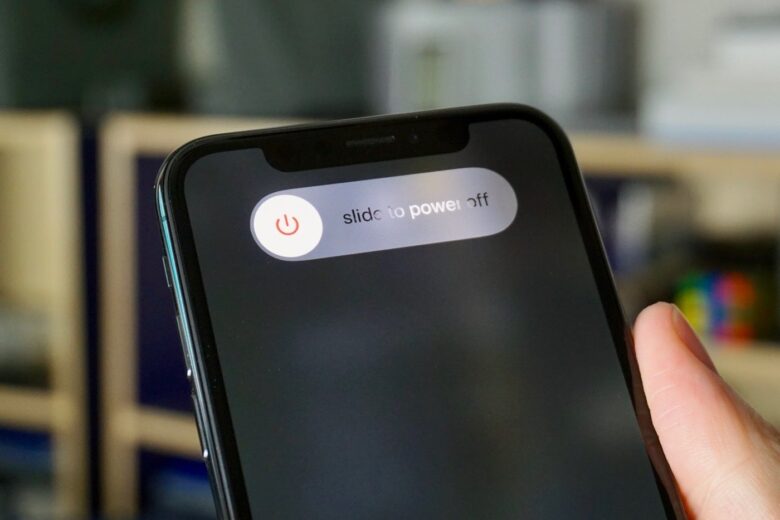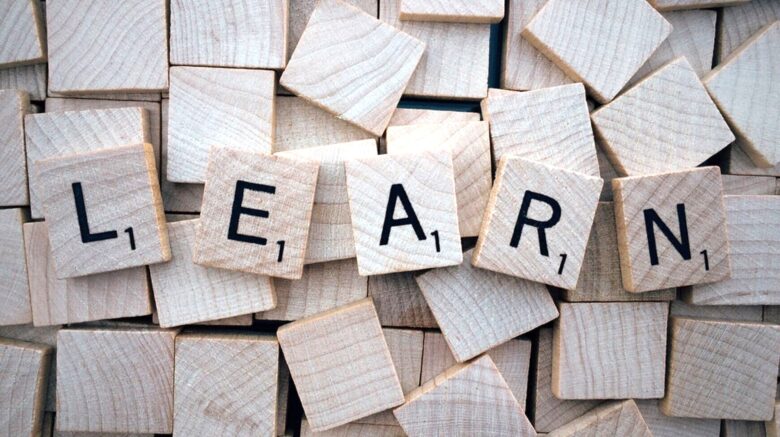
How to Improve Your Study Skills in College
So you’re a college student, eh? Do you know how to study?
This question may seem ridiculous for students pursuing higher education, but a recent study conducted by Harvard researchers indicated that most college students don’t even realize when they are learning.
According to science, the “feeling” of learning successfully may be different than actually retaining the information. So the question is, how do you know you’re learning and retaining what you learn? How do you develop study skills that will help you not only pass your next college exam but enable you to use what you learn?
Here are 6 ways to ramp up your college study habits. Stop memorizing and start learning.
1. Choose a Quiet Place
All the extroverts reading this may balk at the notion that no matter who you are, you need silence to study. Science has proven many times that when our minds are void of external noise and distractions, we are better able to process thoughts.
Finding a quiet place, apart from external distractions, is vital to helping our brains process complex information and store it for long-term use. This isn’t to say there’s no place for study groups, of course there is!
However, knowing where you can study in silence is foundational to developing great study skills. This can be challenging on a busy college campus or dorm room.
If the library cubicles aren’t your jam, at the very least, designate a specific area in your room or apartment where you can be free from distractions and noise.
2. Turn Off Your Phone

Studying in college has become way more difficult in recent years as the number of external distractions has increased. One of the greatest distractions to college students today? Cell phones.
Many students rely heavily on their phones for their studies. You may have a flash card deck, App, or shared Google doc on your phone that you use to study.
In this case, remember that there is a time and place for every study tool. If you want to truly eliminate distractions and focus on your work, study without your phone. Turn it off. Heck, leave it in your bag!
Just think about how many times you’ve meant to open up those lecture slides from your phone and ended up scrolling through TikTok…
3. Close Tabs
Akin to turning off your phone and eliminating distractions, closing extra tabs on your laptop is a must-do. It’s the same principle behind the idea that a cluttered desk makes for a cluttered mind.
Having a busy screen full of tabs for things like a new mountain bike, your favorite Hulu show, or CNN is going to pull your attention away from your studies.
Even the most disciplined studiers can find it incredibly easy to lose focus when their screen is cluttered. Do yourself a favor and close any Apps or tabs on your laptop that are not directly related to what you need to study.
4. Get Enough Sleep

According to the CDC, 60% of college students aren’t getting enough sleep.
The average is around 7 hours a night. If you’re thinking, “That sounds like a decent amount,” you may be surprised to learn that 7 hours a night is the minimum amount recommended by the Mayo Clinic for adults over 18 years.
The less you sleep, the harder it is to sleep. Even among college-aged individuals, adults who don’t get enough sleep can begin to develop sleep problems. This leads to drowsiness, an inability to concentrate, a lack of motivation, and difficulty retaining and processing information.
If you really want to learn to study well, learn to prioritize sleep.
5. Take Breaks
Measuring your academic success isn’t only about GPAs and test scores. It should also include your overall well-being while in school and how you are enjoying the learning experience.
This is why, taking regular study breaks is essential to forming good study skills. You’ve heard the phrase, “All work and no play makes Jack a dull boy.”
Well, that “dull” ness isn’t just because Jack was a boring workaholic. Too much studying, without proper rest and breaks, can actually dull your ability to retain new information.
Getting outside, eating healthy snacks, taking a nap, doing something with friends, all these things (in moderation), can make for a more effective study session.
You’re the best person to know your own needs and limits. So, set a schedule for how much time you think you can handle quiet studying, and be sure to add in regular breaks.
6. Try Different Learning Styles

Are you a visual learner, hands-on, or social learner? There are many different styles for learning information. Some college students studying techniques are as basic as recording lectures and then transcribing them.
One key to improving your study skills is to test out different learning styles. You may be surprised to learn that going to that group test review provides you with new insights you hadn’t thought of.
It may seem juvenile, but many college students find that drawing pictures or making up rhymes helps them remember information better. Sometimes breaking up your typical routine can be just the refresher your brain needs.
Developing Life-Long Study Skills
The benefits of higher education aren’t restricted to the subject matter you are studying. Learning to develop effective study skills will be an asset your entire life–no matter your field of expertise.
Learning to focus, set goals, and understand your purpose will enable you to achieve success in college and in every pursuit of life. For more helpful life hacks, browse the Education portion of our blog. Happy studies!




